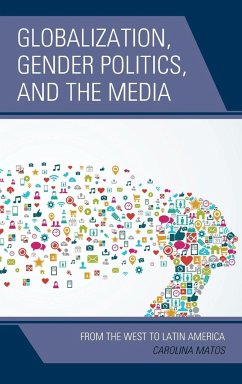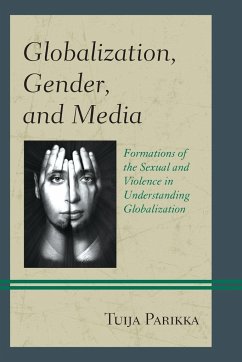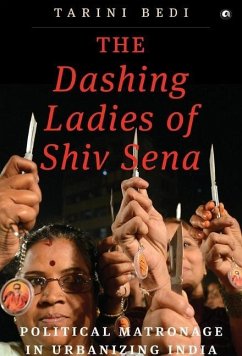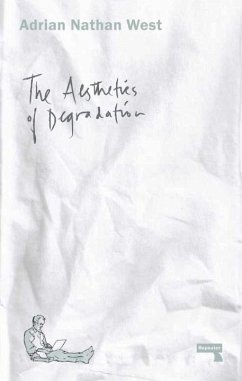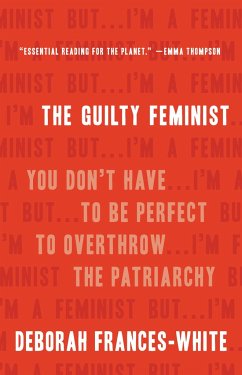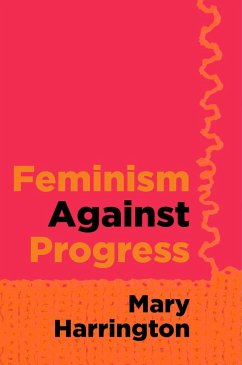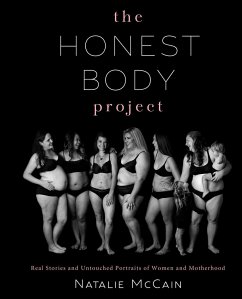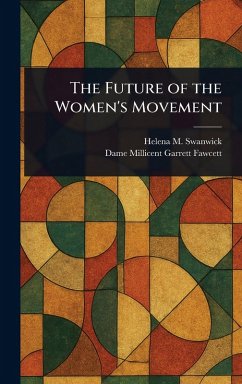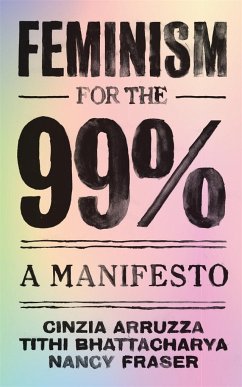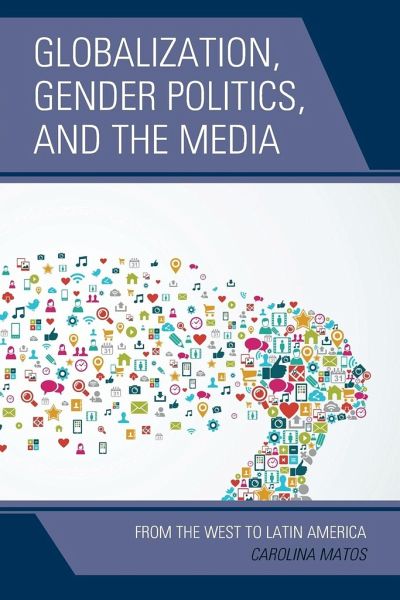
Globalization, Gender Politics, and the Media
From the West to Latin America
Versandkostenfrei!
Versandfertig in 1-2 Wochen
52,99 €
inkl. MwSt.
Weitere Ausgaben:

PAYBACK Punkte
26 °P sammeln!
From advertising to television and film, feminist media scholars have examined the changing nature of media representations from the 1990's onwards. In a context where post-feminist media texts ambiguously equated female empowerment with choice, the struggle for women's rights was largely seen as something of the past. In these decades, the region of Latin America has been through many changes. Inequality levels have been reduced and a political trend has seen the election of female politicians throughout the continent, corresponding with a revival of gender politics and feminist movements. At...
From advertising to television and film, feminist media scholars have examined the changing nature of media representations from the 1990's onwards. In a context where post-feminist media texts ambiguously equated female empowerment with choice, the struggle for women's rights was largely seen as something of the past. In these decades, the region of Latin America has been through many changes. Inequality levels have been reduced and a political trend has seen the election of female politicians throughout the continent, corresponding with a revival of gender politics and feminist movements. At the same time, however, countries like Brazil are still home to gender discrimination and inequality, with high levels of domestic violence towards women, low levels of political representation, a culture of machismo, and the enduring predominance of stereotypical gender representations in the media. This book looks at the correlation between gender inequality in society with media representations, situating the case of Brazil and Latin America within the global quest for gender justice. It emphasizes the need to equate material and economic concerns with the examination of the reproduction of values and beliefs on gender through cultural and media outlets. Questions asked include, how can the media better contribute to assist in gender development and nation-building? How can online platforms make a difference? What can be done within the mainstream media to advance women's rights? What is understood by the myth of the "Brazilian woman," and how does this connect to other notions of what the "Third World woman" is? Using a triangulation methodology, this book includes a small selection of interviews with experts from international organizations, politicians in Brazil, and bloggers, as well as a sample of media analysis of ads, commercials, posters, campaign material, and feminist blogs to examine the challenges that gender equality faces in this country and the ways in which the media can make a difference.





